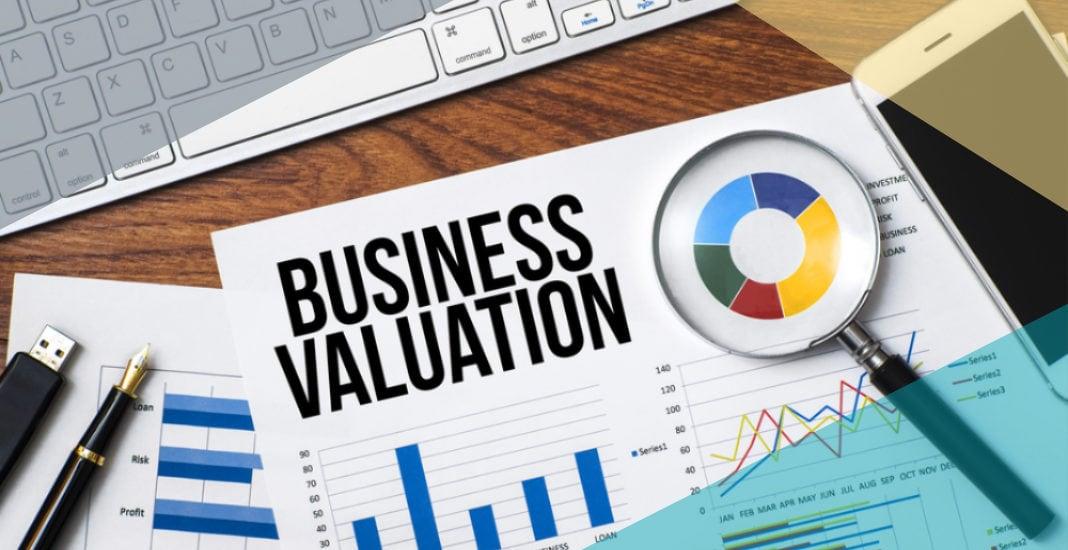 As a startup founder, have you ever wondered why Facebook spent $ 19 billion buying WhatsApp, a five-year-old company with only 50 employees? Why did Uber make a loss of nearly $ 3 billion in 2016 but was still valued at $ 68 billion at that time? Why these startups are valued that high, or in other words, how to determine the value of a startup?
As a startup founder, have you ever wondered why Facebook spent $ 19 billion buying WhatsApp, a five-year-old company with only 50 employees? Why did Uber make a loss of nearly $ 3 billion in 2016 but was still valued at $ 68 billion at that time? Why these startups are valued that high, or in other words, how to determine the value of a startup?
This article aims to give readers insights into startup valuation and is structured into 3 main parts:
➤ Definition and the importance of valuing startups
➤ Common startup valuation methods
➤ How to maximize your startup’s value
The definition and the importance of valuing startups Startup Valuation is the process to investigate and determine the economic value of startup’s assets to calculate its present value and potential.
Valuing a business that has no or little income and a less-than-certain future like startups can be tricky. However, once they have found the right business model and the right product that achieves market-fit, startups can grow exponentially and have potential to become unicorns. Therefore, when valuing a startup, investors will look at not only “financial factors” such as revenue or profit but also “non-financial” factors such as founders, customer base, patents, brands, product differentiation ... Sometimes these "non-financial factors" are extremely important and more decisive to pricing rather than financial factors. The evidence for this can be found in most tech startups that have been priced at a staggering number recently. Take WhatsApp for instance, which has been mentioned earlier at the beginning of the article. In 2018, Facebook acquired it for an astonishing $ 19 billion even though it made little money and was largely popular outside the United States. This is because WhatApps had a large user base (500 million at the time of acquisition) which was also experiencing high growth (increasing by 1 million users per day). In addition, by taking over WhatsApp, Facebook eliminated a potential opponent in messaging service considering that its Messenger was able to send only 3.5 billion massages compared to 8.2 billion sent via WhatApps at the time of the acquisition.
In other perspective, the value of a startup is also a compromise between the market's willingness to pay for the startup's ideas and the investments that the startup is willing to accept. This is the basic notion for VCs to decide whether to invest or not. Moreover, learning different valuation methods will help startups understand how investors evaluate and make investing decision, thereby seek solutions to maximize their value and enhance their chance to be funded (to be discussed more in Section 3: How to maximize your startup’s value).
When startups raise capital from investors, there are two terms that they should be familiar with: Pre-money valuation and Post-money valuation. Simply put, pre-money valuation is the startup’s value before financing while post-money valuation is its value after financing.
➤ Post-money valuation = Pre-money valuation + Investment
➤ Investors’ shares = Investment / Post-money valuation
Suppose Shark Hung values LuxStay at 17.5 million USD and decides to invest 1 million USD in this startup then:
- Post-money valuation = 17.5 million USD
- Pre-money valuation = 16.5 million USD
- Shark Hung's shares = 1 / 17.5 = 5.7%
Soure article: http://startup.gov.vn/


Các tin đã đưa:
» How to value your startup? Part 3 (06/04/2021)
» How to value your startup? Part 2 (06/04/2021)
» Hoàng tử Harry ‘đầu quân’ cho công ty khởi nghiệp ở Thung lũng Silicon (26/03/2021)
» “Biến” vỏ tôm, cua thành nhựa sinh học (26/03/2021)